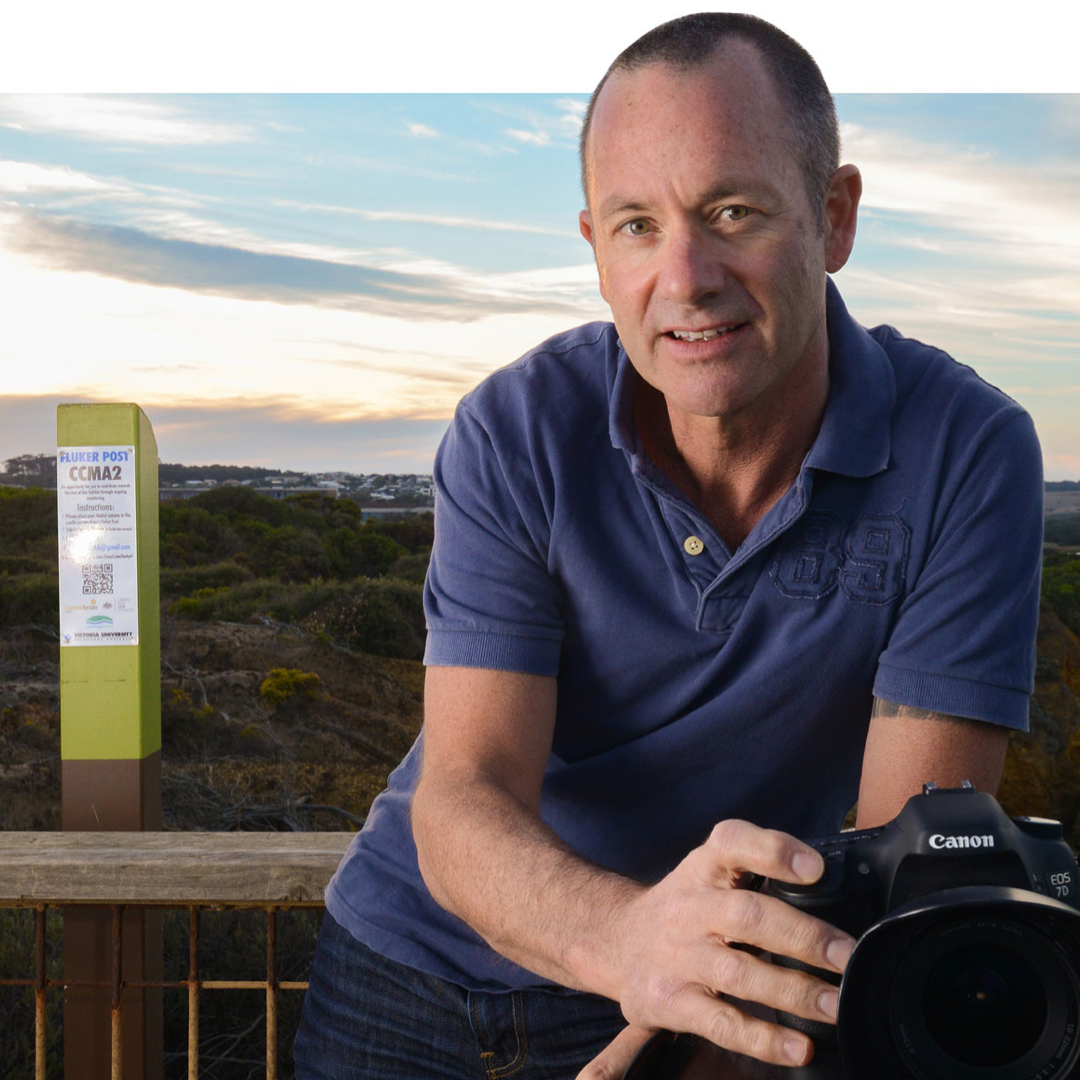Recent Fluker Post related publications
Lynch, J., Eilam, E., Fluker, M., & Augar, N., 2016, "Community-based environmental monitoring goes to school: translations, detours and escapes," Environmental Education Research
www.tandfonline.com
Augar, N., and Fluker, M., 2014, "Towards Understanding User Perceptions of a Tourist-based Environmental Monitoring System: An Exploratory Case Study," Asia Pacific Journal of Tourism Research
www.tandfonline.com
Augar, N., & Fluker, M., 2014, "Developing social media for community based environmental monitoring," Proceedings of the 25th Australasian Conference on Information Systems, ACIS
Feedback from Land Managers
When surveyed about the value of the Fluker Post project, here is what some of the land managers involved have said:
"We were looking for a heightened way of engaging the community. I actually thought this would be a good mechanism that not only engages them and brings them along but also empowers them to feel a sense of ownership and involvement in managing the environment"
"It's an opportunity to bring the community along in an even stronger way given that they’ve been part of that program to various measures on community working bees. This also makes a stronger connection, ownership, etc., with the site as well and people feel like they may be contributing"
"What we were hoping for, when we put the photo point posts in, was to get some valuable monitoring data of how these sites have progressed over time. Often, what really tells a story are visual tools"
The Fluker Post project welcomes collaborations with academics from a range of disciplines. If you would like to be involved, please email Martin.Fluker@vu.edu.au
Fluker Post in the media
Channel 10, "Scope" Fluker Post story, 26 September, 2013
www.youtube.com/watch
Herald Sun Fluker Post story, 27 September, 2013
www.heraldsun.com.au/news
ECOS, CSIRO Fluker Post story, 21 January, 2013
www.ecosmagazine.com
Conservation, Fluker Post story, 10 June, 2013
www.conservationmagazine.org
The Warrnambool Standard, Fluker Post story, 16 July, 2013
www.standard.net.au/story
The Surf Coast Times, Fluker Post story, 5 April, 2013
3AW, Melbourne, Fluker Post Story, 27 September, 2013




